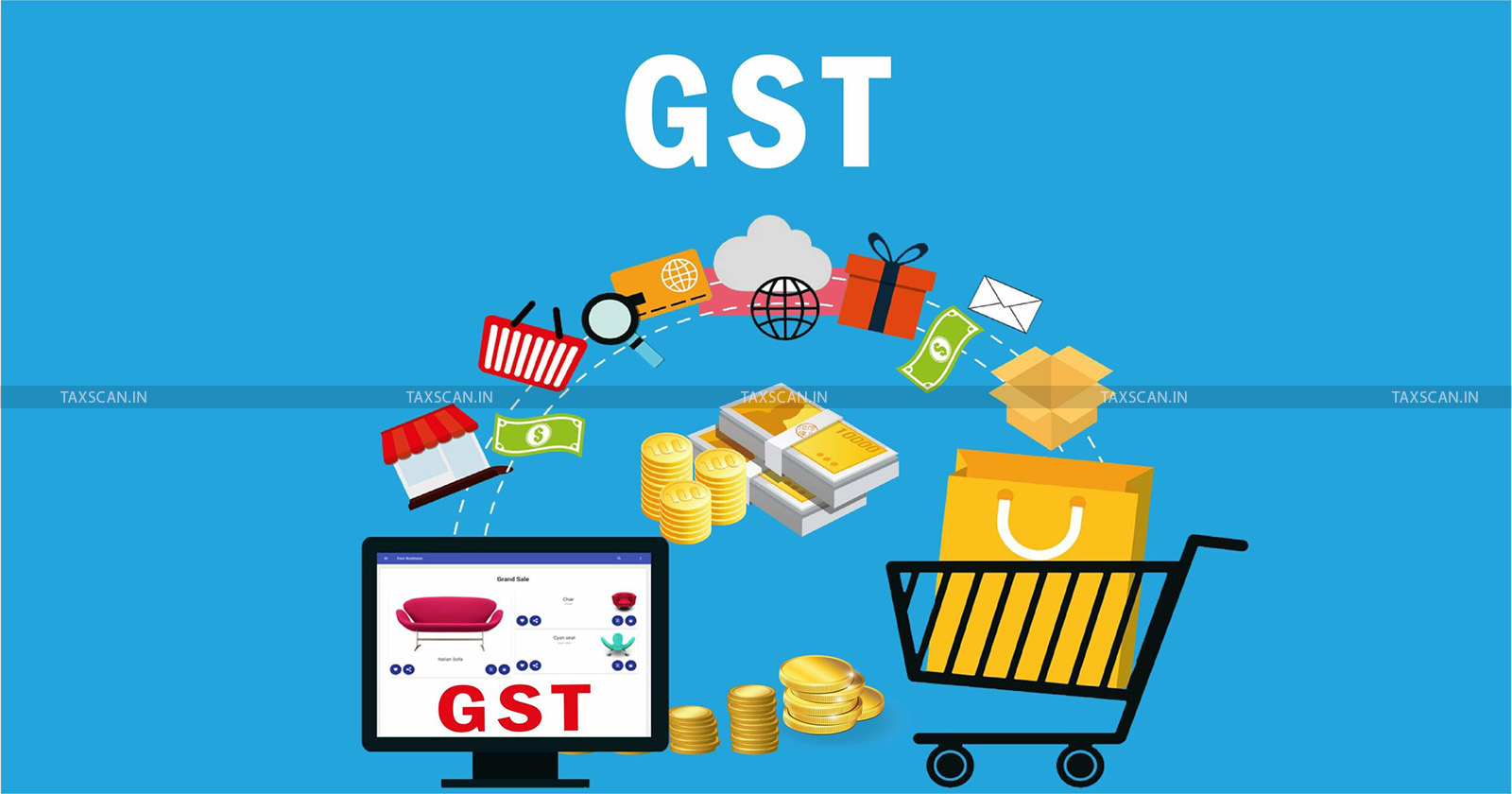Interim Union Budget 2024: FM Nirmala Sitharaman may announce GST under RCM for non-compliant Vendors
Union Finance Minister Nirmala Sitharaman may announce GST under Reverse Charge Mechanism for non-compliant Vendors in Interim Budget 2024

In a strategic move towards enhancing Goods and Services Tax ( GST ) compliance, the Central Government is contemplating the implementation of GST under Reverse Charge Mechanism ( RCM ) for vendors failing to adhere to compliance norms.
Moreover, a novel reverse charge-based mechanism is being considered to streamline GST compliance further. Under this proposed approach, large taxpayers with turnovers exceeding ₹100 crore or ₹500 crore may directly settle their GST dues with the government, bypassing the traditional route through their smaller vendors.
The primary objective of this shift in tax payment responsibility is to alleviate the compliance burden on small businesses while facilitating smoother transactions for large enterprises engaged with smaller vendors.
Learn More: Live Course on Key Highlights in Direct Taxes by Finance Bill, 2024
Finance Minister Nirmala Sitharaman is set to unveil the Interim Budget 2024 on February 1. Traditionally, the day before the budget presentation witnesses the release of the Economic Survey by the central government. However, due to the interim nature of the budget and the upcoming elections, there will be no Economic Survey presented on January 31.
In the recently unveiled mini-annual Economic Survey titled 'The Indian Economy: A Review,' Chief Economic Adviser V Anantha Nageswaran outlines India’s potential to achieve a $7 trillion economy by 2030. This comprehensive 74-page document serves as a precursor to the forthcoming Interim Union Budget 2024, providing insights into the country’s real growth rate projections and identifying key challenges.
With Lok Sabha elections looming in April and May, this interim report, commonly referred to as the mini economic survey, acts as a sneak peek into India’s growth trajectory and identifies challenges for the upcoming fiscal year. CEA Nageswaran expresses optimism, predicting that FY25 could witness the Indian economy achieving a growth rate of or above 7 percent for the fourth consecutive year post-pandemic.
While the Economic Survey is not a constitutional requirement, it has become a customary practice for the government to present it every year before the budget. The document offers a comprehensive overview of trends observed in various sectors over the previous year, encompassing agriculture, manufacturing, employment, infrastructure, prices, exports, imports, foreign exchange reserves, and money supply.
Previously, the National Statistical Office ( NSO ) projected a growth rate of 7.3 percent for FY24, whereas various research agencies anticipate a growth rate ranging from 6.3 to 6.5 percent under the current circumstances.
Key challenges highlighted in the report include:
1. Global Economic Integration: The report underscores India’s growth outlook being intricately linked to global developments, citing increased geo-economic fragmentation and a slowdown in hyper-globalization. These factors may result in friend-shoring and onshoring, impacting global trade and growth.
2. Climate Action and Development: Development is deemed crucial for building resilience and effective climate action. The report emphasizes the need for striking a balance between development and emissions mitigation, urging nations to avoid making the low-income status of several countries permanent.
3. Artificial Intelligence ( AI ) Impact: Despite a positive growth outlook driven by the digital revolution, challenges from AI are highlighted in the report. It discusses AI’s potential impact on employment, emphasizing the imperative for developing economies to invest in infrastructure and a digitally skilled workforce to harness its benefits.
Support our journalism by subscribing to Taxscan premium. Follow us on Telegram for quick updates


